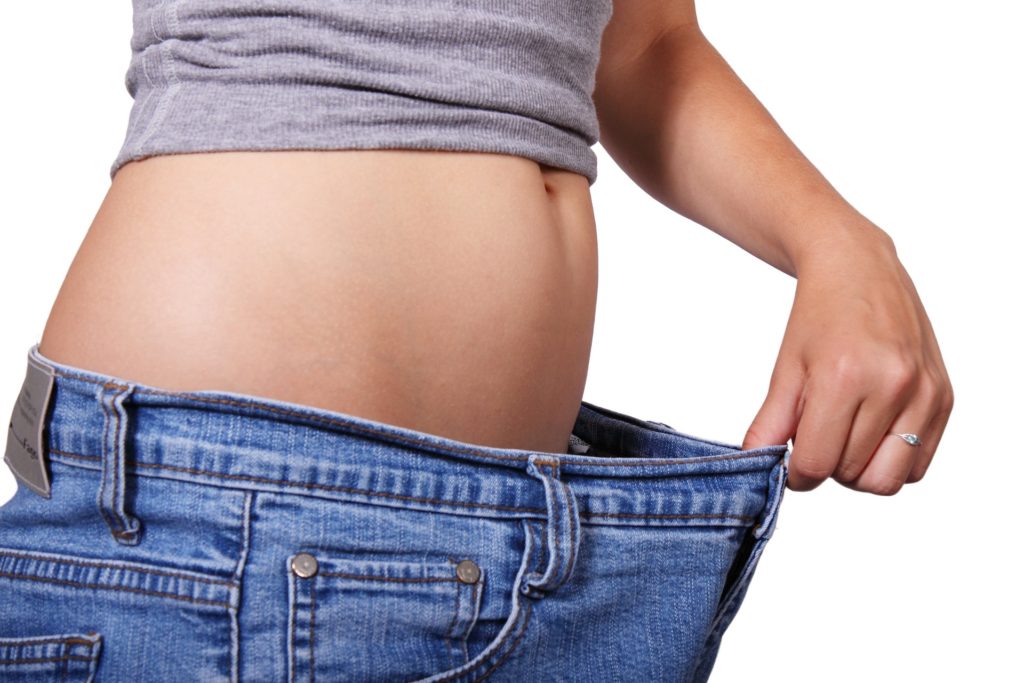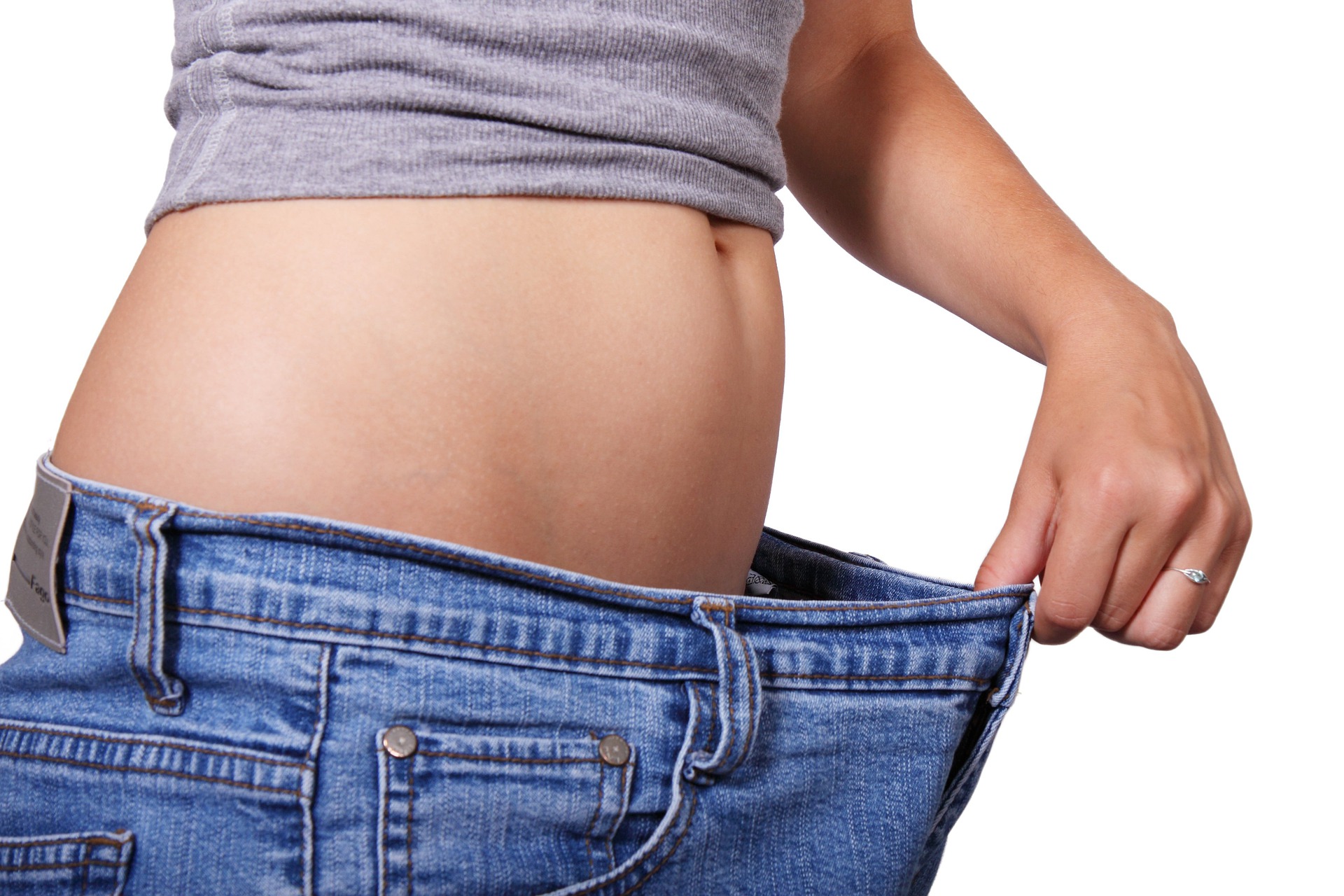
Diet refers to limiting food intake for weight control, and it is very important for beauty and health management. In particular, problems caused by excessive fat accumulation are risk factors for various cardiovascular diseases, chronic diseases, and metabolic diseases, so it is important to reduce these parts through diet. In the case of diabetes, it can be said that the health promotion effect through diet is very large, as there are reports that it can prevent or delay the onset of type 2 diabetes by reducing body weight by 5-7% through lifestyle modification. However, despite the great health benefits of dieting, diets that reduce weight in an unreasonable way can sometimes cause unexpected side effects. In particular, a diet that rapidly loses weight in a short period of time causes a nutritional imbalance due to the deficiency of essential nutrients such as protein and calcium, and acts as a cause of harm to health. And when these physical abnormalities continue, it is important to refrain from excessive diet as the risk of disease increases. So today, let’s take a look at the various side effects that can occur during excessive dieting. Side effects of excessive diet
1. Anemia
The first side effect that can occur when dieting to lose weight rapidly in a short period of time is anemia. Anemia refers to a condition that occurs when there is a problem in the function of red blood cells, which are responsible for the function of transporting oxygen, and oxygen is not supplied to the body tissues smoothly. Nutritional imbalance that occurs during diet causes iron deficiency, the main cause of anemia, and various symptoms such as dizziness and lethargy appear. In order to prevent problems caused by iron deficiency, it is desirable to have a healthy diet that includes not only iron but also various nutrients such as calcium, vitamins, and folic acid in a balanced way.
2. Constipation
Constipation, which is a condition in which the stool becomes too hard and does not pass normally, is a side effect that occurs when you diet excessively for a short period of time. If you abruptly reduce the amount of food you eat to lose weight, it will take longer for the stool to collect in the rectum and slow bowel movements, which may lead to constipation. In particular, if you exercise excessively during the diet period, the loss of water due to the sweat excreted will make these constipation symptoms worse. If the situation worsens, it can lead to the development of anal diseases such as hemorrhoids. Therefore, in order to prevent these problems, it is recommended to eat a balanced diet with foods rich in dietary fiber, and to drink enough water.
3. Skin sagging
If you go on a short-term diet that drastically reduces the amount of food you eat, your skin may become flaky and sagging. If the skin does not receive sufficient nutrition due to the extreme form of low-calorie diet, the level of collagen, a hard protein that makes up the skin tissue, decreases, causing the skin to lose elasticity and become dry and crumbly at the same time. In particular, in the case of the breast area that is affected by collagen, the size of cells in the breast decreases faster due to insufficient nutrition, which can cause side effects such as sagging breasts. In order to prevent these side effects, it can be said that a diet based on high-quality nutrients is very important.
4. Hair Loss
Nutritional imbalance caused by continuing a low-calorie diet that excludes nutrients the body needs makes the supply of proteins, essential fatty acids, vitamins, and minerals necessary for hair growth insufficient. Due to this action, hair follicles, which are the skin organs that make hair, become ineffective, and hair loss symptoms may appear. As it is known that the condition of hair loss caused by such an excessive diet can be improved when sufficient nutrition is provided, it is important to proceed with a healthy diet through regular eating habits.
5. Menstrual irregularities
Irregular menstruation, which is irregular menstruation, is also an abnormal symptom that can appear when you are on an excessive diet. Rapid weight loss in a short period of time can cause an imbalance in the body’s metabolism and hormones that maintain homeostasis, which can lead to menstrual irregularities. And when these physical side effects persist, caution is needed as it is known that it can cause premature menopause.
6. Weakened bone density
If you eat a restricted diet, your intake of calcium, which is essential for the construction and maintenance of bones, decreases, which can lead to weakened bone density. In particular, if you continue a high-protein diet through a raw food diet, you can further decrease the absorption of calcium in the body and increase the excretion of calcium through urine, making your bones weaker. Eventually, these problems increase the risk of leading to problems such as osteoporosis and osteopenia, and cause spinal and degenerative changes, increasing the risk of diseases such as spinal diseases and discs. Therefore, it is important to create a balanced diet that can reduce nutritional imbalance to a minimum, and in particular, one-food diets should be restricted.
7. Depression
Diets that limit the intake of essential nutrients required by the body have adverse effects not only on the body but also on the mental part. It has been shown that negative emotions such as depression and anxiety can be amplified as a reaction to over-controlling the urge to eat. Also, serotonin, called the happiness hormone, is smoothly synthesized by nutrients absorbed in the body. there is. Therefore, to prevent these problems, it is very important to reduce the amount of food and maintain a healthy diet that consumes the necessary nutrients in a balanced way.











